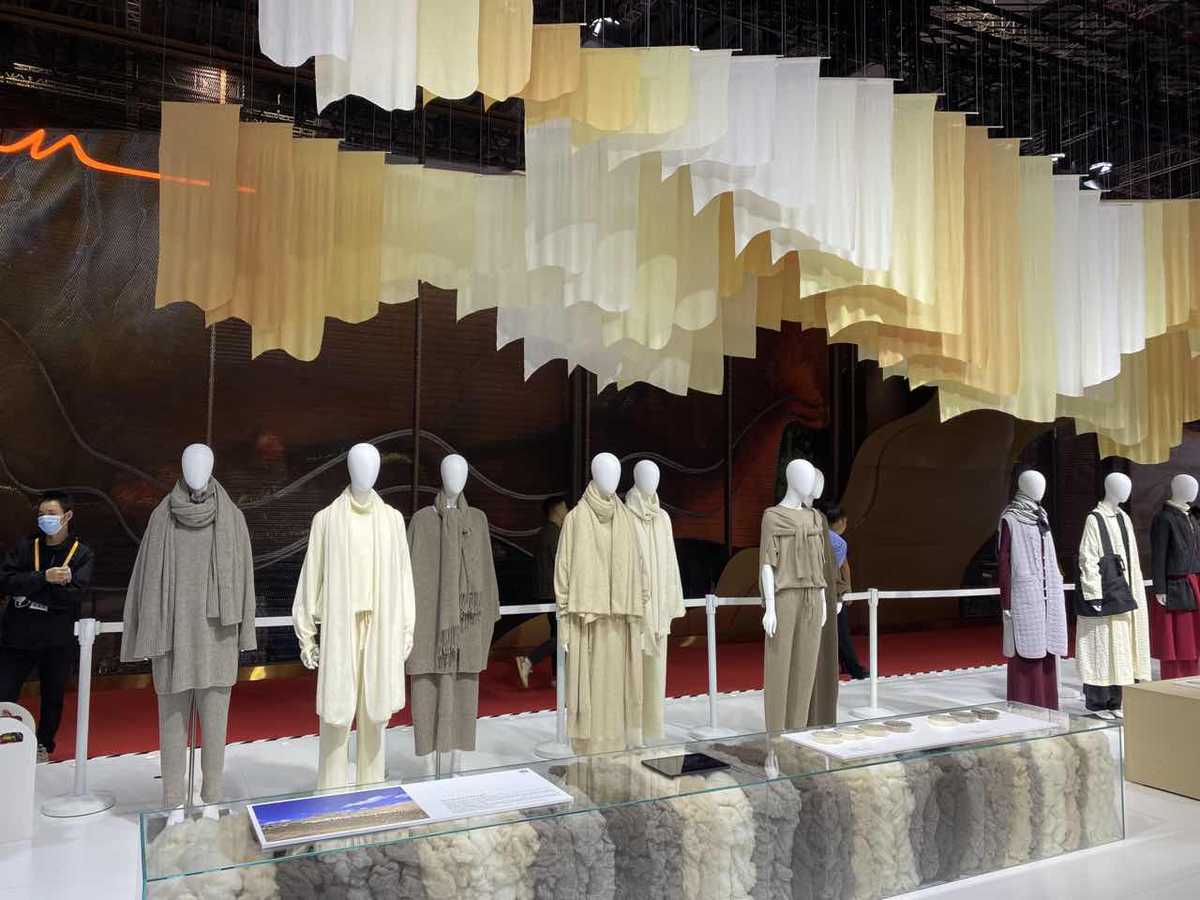Execs give China Import Expo the thumbs-up


Companies being empowered to adapt to Chinese market
A visually enthralling booth at the sixth China International Import Expo grabbed attention with its unique arrangement of wooden panels complemented by a bold red logo.
What set the booth apart was not just its stylish appearance but the participation it required from visitors to complete its function. Expo-goers were invited to dismantle the eco-friendly exterior walls and take them home, using them as storage boxes or small stools.

Created by Japanese retailer Muji, which was a first-timer at the expo held in Shanghai from Nov 5 to 10, this innovative booth spanned a space of 400 square meters.
Muji, following the trend of companies using the CIIE to reveal new products, unveiled two exclusive items: a retro capsule design perfume series with 10 fragrances and a suitcase series which offer a versatile user experience, according to Satoshi Shimizu, executive vice-president and director of Muji.
On top of the two designer items, Muji showcased locally sourced Chinese goods that took center stage. Many of them were made from recycled plastics, fleece and hemp fiber, emphasizing the brand's dedication to supporting China's sustainable development goals.
A significant highlight of the event was the handcrafted woven bag series, created by rural workers in Qingdao, East China's Shandong province, using environmentally friendly materials. This initiative not only provides employment opportunities for the community but contributes to regional development.
"Muji wanted to deliver two visions during our debut at the expo. First, to promote Chinese design to the world market; second, to demonstrate its determination to take root in China," Shimizu said.
Muji, which considers China as its most important market overseas, has been expanding its localization offerings in recent years. Official statistics show that Muji currently operates 385 offline stores in China, making it the brand's largest market outside of Japan. Notably, more than 5,000 products have been designed and developed locally, with more expected.
According to Shimizu, in 2019, Muji's Chinese design team was given more autonomy, with some textile products designed by the Chinese team becoming bestsellers at its store outlets worldwide.
Shimizu pointed out that "Chinese design and Chinese manufacturing" are just the initial steps and "Chinese design sold globally" will soon become a reality, with the CIIE acting as a booster to make this happen.
"The CIIE has transformed from being solely a platform to showcase technologies and expertise to a stage that empowers companies to adapt to the Chinese market and foster innovation," he said.




































